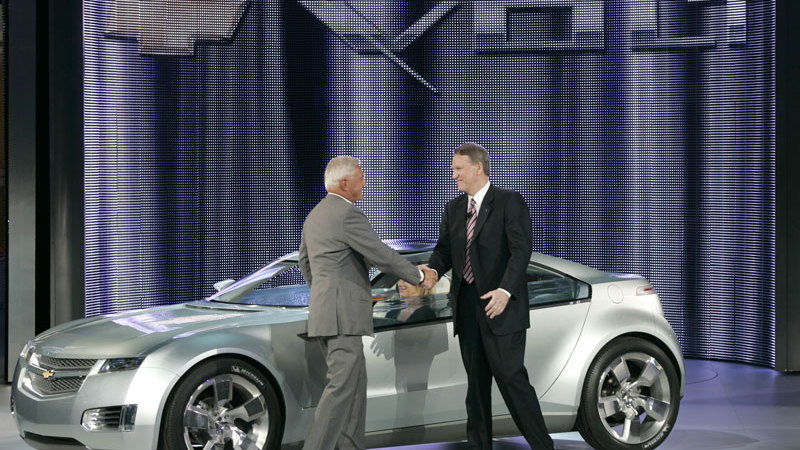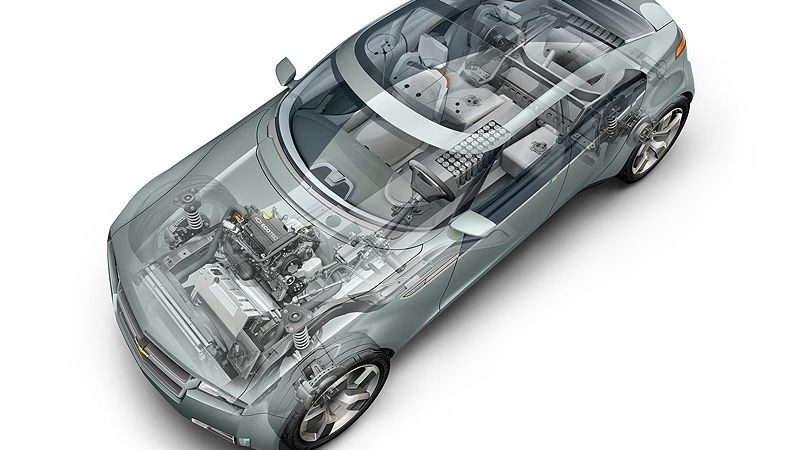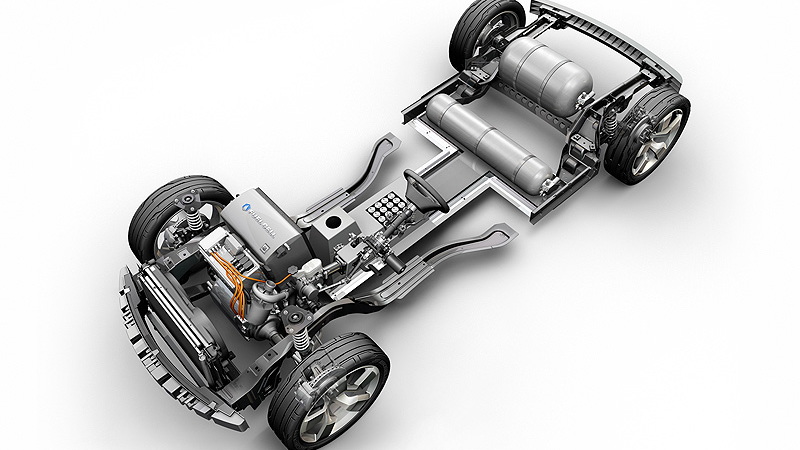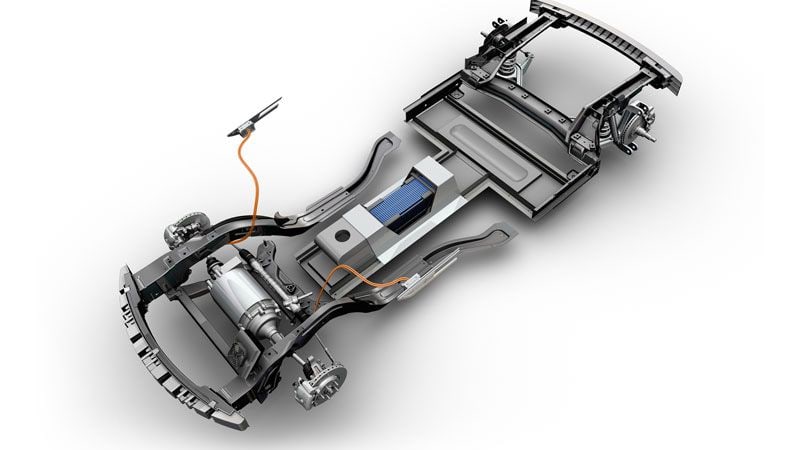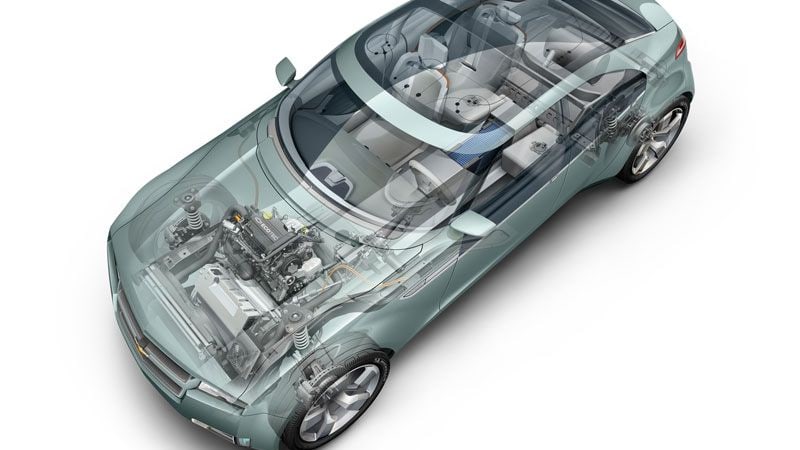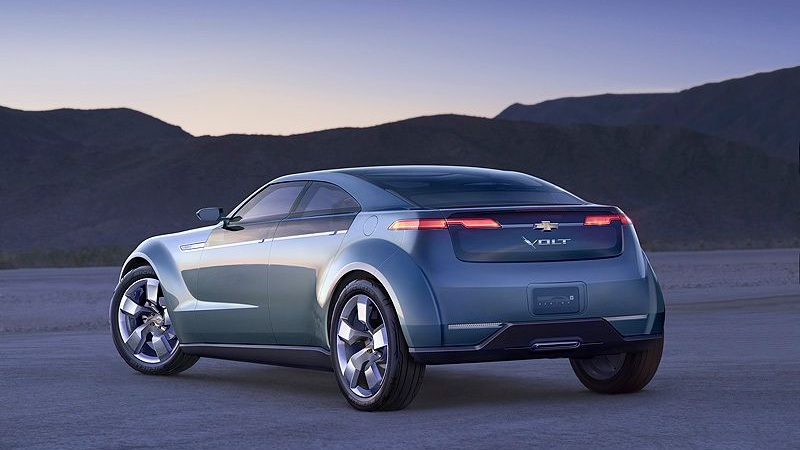GM is targeting a price of around $30,000 to $35,000 for the Volt, a significant premium over the Prius, but it will feature advanced plug-in hybrid technology that allows it to drive up to 40 miles on electric power alone. People using the car for short distances only may never have to visit a fuel station again.
Officials expect the cost of the technology to come down once the car has been in production for several years. GM’s North American Chief Troy Clarke admitted to TheCarConnection that much of the technology for the Volt is still being invented and that the biggest hurdle is still lithium-ion battery technology. “The first generation (of new technology) will cost you like the dickens,” Clarke explained. “It’s usually the third generation of a technology that gets you to a normalized cost base.”
One solution to avoid the high costs of the batteries is to implement some sort of battery rental scheme, which could allow the car to reach the $30,000 price point. Under the rental scheme, owners would only need to spend a small amount of their usual monthly fuel bill on renting the batteries – about $25 a month.
